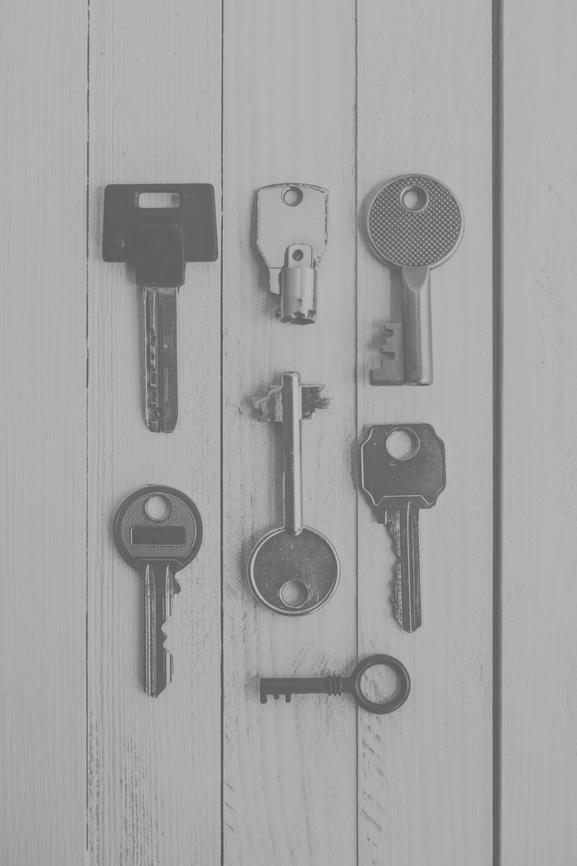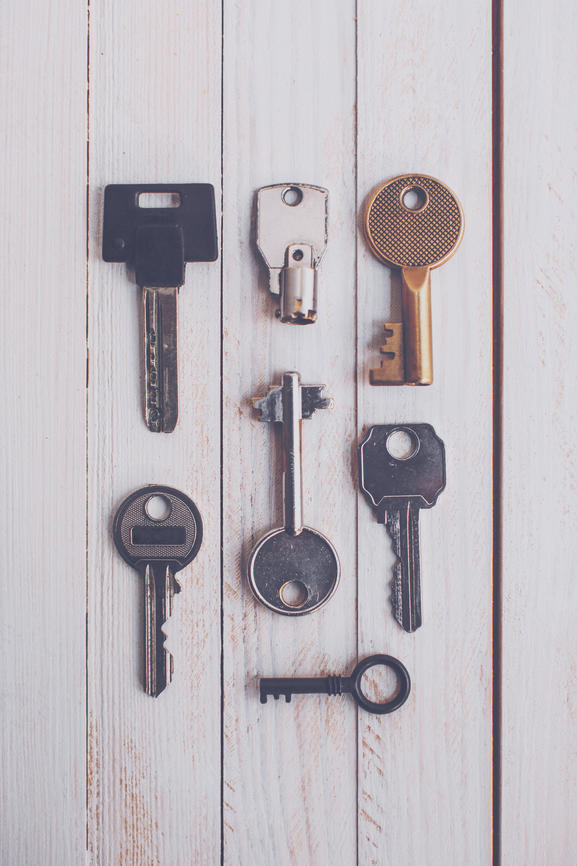It’s that time of year. Short-sleeve shirts become everyday wear. Restaurants put out their patio furniture and open up their windows. And you see crowds of people out enjoying the sites, especially in places like Chicago.
Summer is a time of vacations, shorter work days, and extended hours of sunshine. However, that extra enjoyment comes with a cost. And of course, I’m talking actual dollars. So before you get too deep into your summer spending, I want you to keep a few things in mind.
Spend Your Money!
Regular readers of the blog know that I’m all about balance. Even as someone who is pretty militant about his spending, I’ve learned to appreciate the benefits money can give.
Money you have or money that you save is not beneficial in and of itself. It’s a tool to help you do other things: feed your family, get a kid through college, or explore the world around you. And you need to use that tool for enjoying your life today and planning for the future.
So spend your money! I know it’s not the typical advice from a financial advisor. And I’m not saying you shouldn’t save, track your expenses, and talk about money. In fact, this principle highlights the importance of doing those things. By using these money fundamentals, you can mindfully make choices of where you want to spend and how to use your money most efficiently. You will catch yourself holding off purchasing a leather jacket in order to save for that cruise your spouse wanted to take. And that kind of decision-making is a good thing.
Make Sure Your Spending Reflects Your Values
I’ve read a couple of great articles recently about aligning your spending with your values and determining whether an expense is worth the cost.
I love both of them because they focus on consciously spending money on what you truly value and appreciate. Asking questions like “If I only had twelve months to live, what would I spend my money on?” Or “what is most valuable to me?”
You can also go through your credit card or bank statements to see what types of things you buy the most and asses the utility, cost, and enjoyment of each expense. By doing so, you can figure out whether your most common expenditures align with what you value most. If not, change your spending accordingly.
Whatever you do, don’t just passively think about these questions. Write them down, post photos or give yourself concrete reminders of why you spend the money that you do. In the end, you want to get the most enjoyment out of the time and money that you spend.
Focus on Experiences
I’m sure you’ve heard this last tip before, but it’s worth repeating.
Study after study after study has shown that people get more fulfillment out of buying experiences rather than material objects. In short, experiences like taking a vacation, a dinner date with your spouse, or a night out connecting with friends lead to more satisfaction than a new watch, a hot shirt, or fancy car.
The theory behind this concept comes from getting enjoyment before, during, and after an experience. For instance, you look forward to a vacation that’s coming up, you enjoy the vacation while you’re on it, and you get to reflect and tell stories about that experience for the rest of your life. In addition, with personal experiences, there’s less social comparison, since your experience is unique to you.
I’ve been a huge subscriber of this theory ever since I learned about it several years ago. I’ve also found three tips that have helped me get the most happiness out of my experiences.
- Share the Experience: you’re more apt to enjoy an experience if you get to do it with someone else, whether a spouse, friend, or a coworker. I’m lucky enough to get to share a lot of great experiences with my husband and some amazing friends. Sharing the experience will only intensify the anticipation, enjoyment during, and reflection afterwards.
- Reflect on the Experience: As the studies point out, the main advantage an experience has over a thing is that we continue to gain happiness from an experience long after it’s over. (Just think about how many times you’ve fondly said “Remember when….”) By contrast, we get used to the new tv, computer or appliance and usually end up taking it for granted. So capture the experience in a way that will make reflection easy. For example, taking pictures, creating a scrapbook, or journaling afterwards. And, of course, don’t forget expressing gratitude for the experience itself.
- Don’t Overspend: Keep in mind that you get to pick what experience brings you the most satisfaction. And there’s no direct correlation to how much you spend on an experience and the happiness it brings. The point is to feel that the experience outweighs the money that you spent. If you overspend, the stress and anxiety of how you will pay the bill or meet your basic living expenses the next month will only impeded your happiness.
It turns out money can buy happiness. You just need to make sure your spending aligns with what’s most important to you and do your best to capture the happiness that those experiences bring.





